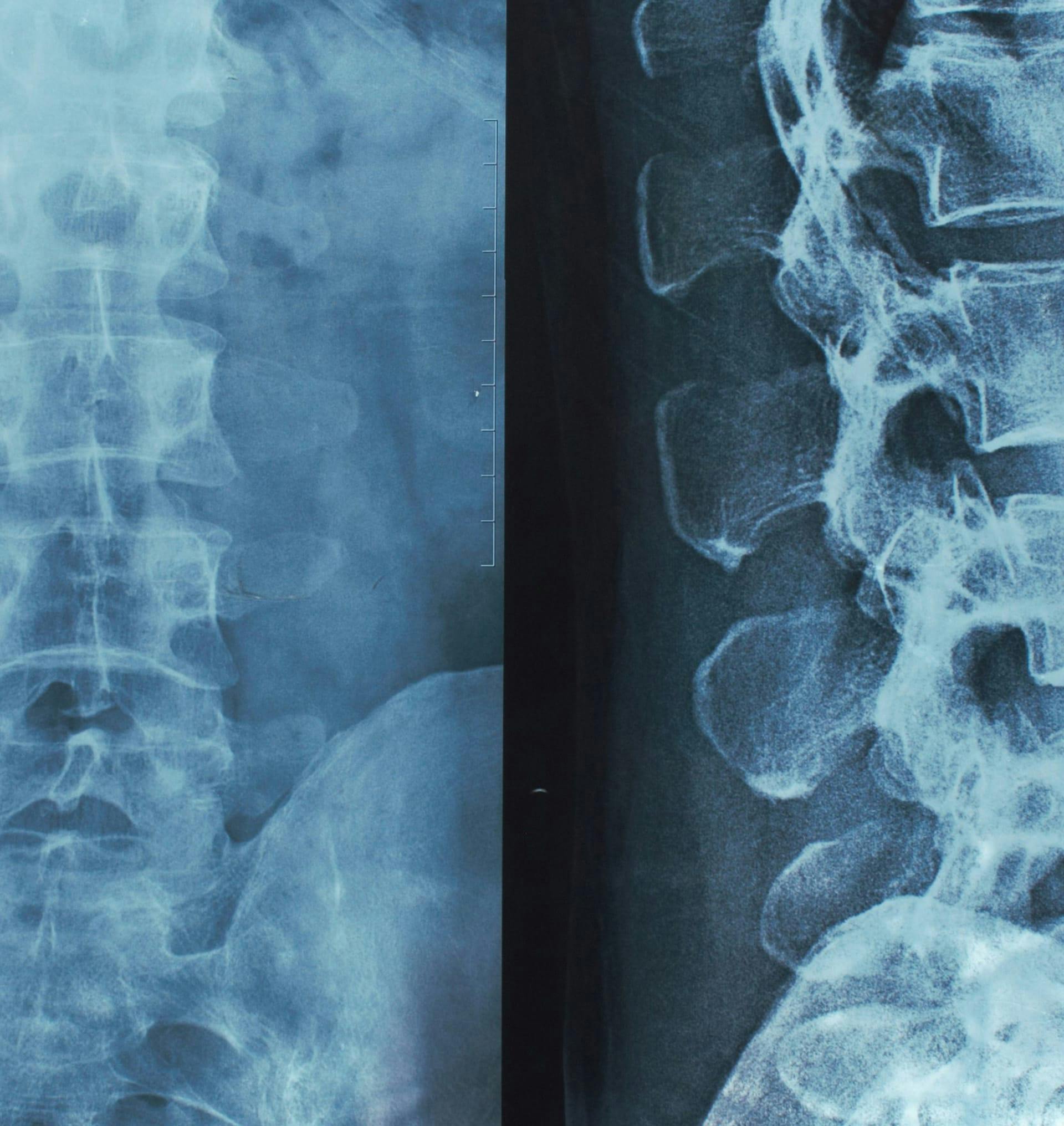Few injuries can be as devastating to the human body as spinal cord and brain injuries. Paralysis often results from these injuries and, unfortunately, in many cases, will lead to permanent, life-altering disabilities. For people with paralysis, ongoing medical care and a drastic change in the quality of life have become new realities. If there are parties at fault for these accidents, they need to answer for acting negligently and causing paralysis in an innocent victim.
Types and causes of paralysis
There are many kinds of paralysis, many of which are associated with serious medical conditions. When it comes to spinal cord and brain injuries, however, a few different types are prevalent.
Common kinds of paralysis resulting from injury include:
- Paraplegia - paralysis of the lower half of the body
- Quadriplegia - paralysis of both arms and legs
- Monoplegia - paralysis of a single limb
- Hemiplegia - paralysis of one side of the body







